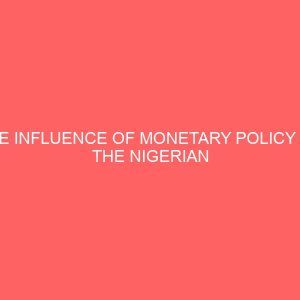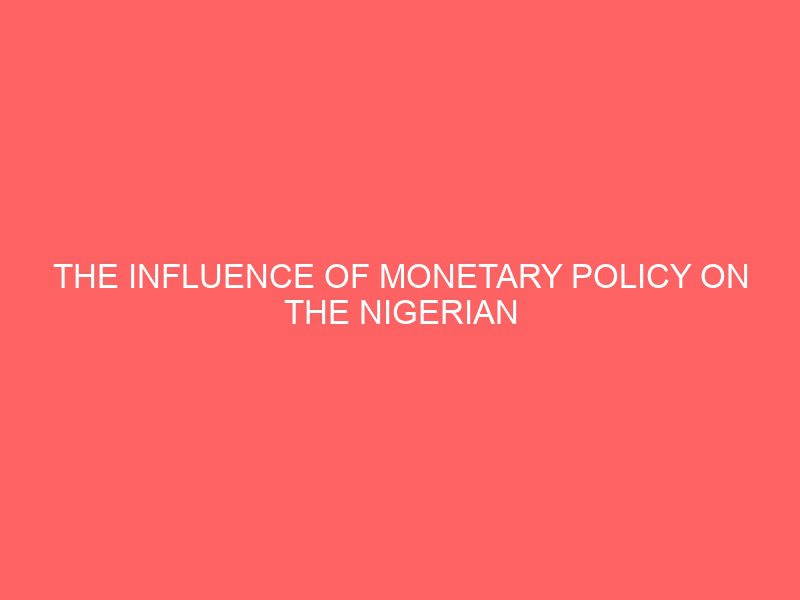Description
Abstract
This study evaluates the influence of the monetary policy on the Nigeria Stock Market using selected market indices which span from 1986 to 2014. Augmented Dickey- Fuller (ADF) Test, graphs, multiple regressions and the diagnostic test based on the coefficient of determination (R2) were adopted for the analysis, and mainly the study used secondary data. Evidence reveals that Interest rate as a monetary policy tool of the Federal Government of Nigeria has a negative influence on all share index and total market capitalisation, and positive influence on total value of securities traded, but none is significant. The monetary policy tool of broad money supply exerts a positive impact on all share index, total market capitalisation and total value of securities traded, but none of the impact is significant at 1% level. Exchange rate as a monetary tool of the Federal Government of Nigeria has a negative effect on all share index, total market capitalisation and total value of securities traded, but none is significant. Inflation rate as a monetary tool of the Federal Government of Nigeria has a negative effect on all share index, total market capitalisation and total value of securities traded, but none is significant at 1% level. The dominance of insignificant negative relationship between the stock market and the monetary policy variables indicates that there is a disconnection between the monetary policy and the stock market. Hence, we recommend that there should be more urgent need for the federal legislators to recognize and deal with, through their over-sight functions, the genuine reasons why policy makers do not align the monetary policy rate with the increasing government expenditure; and Government should strengthen prudent monetary policy management in order to keep alternate between policies of cheap money and tight money in varying degrees to encourage boost in the stock market, and economic growth while keeping inflation under control of not more than one digit.







